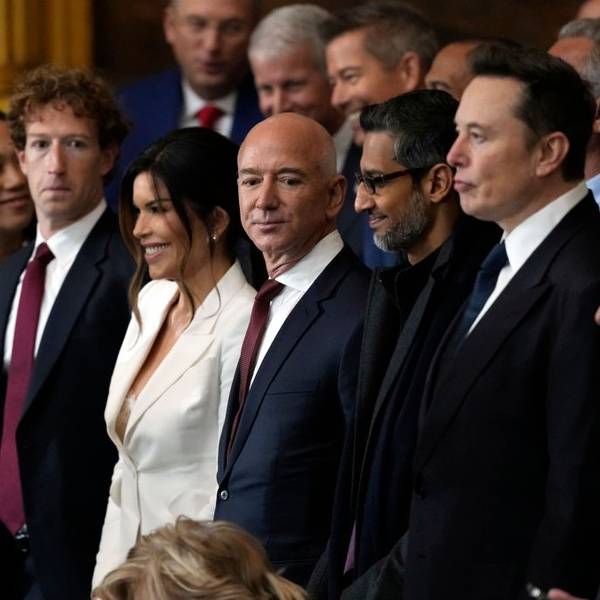If Google executives use their service to perform an online search for "antitrust + European Union" on Wednesday morning, they may not like the results.
The European Union has opened a formal investigation and sent a list of complaints to the U.S.-based internet giant accusing it of behaving in ways that give it "unfair advantage" over its competitors in Europe, opening a legal door that may have far-reaching consequences for one of the world's most lucrative corporations.
In addition to the broader list of charges regarding Google business practices on the continent, the EU Competition Commission, which handles such matters, has also opened a separate antitrust investigation which will look specifically at Google's mobile operating system, known as Android.
"If the investigation confirmed our concerns, Google would have to face the legal consequences and change the way it does business in Europe," said Margrethe Vestager, the European Union competition commissioner.
According to a statement, the EU charges Google with "systematically favouring its own comparison shopping product in its general search results pages. The Commission's preliminary view is that such conduct infringes EU antitrust rules because it stifles competition and harms consumers. Sending a Statement of Objections does not prejudge the outcome of the investigation."
The New York Times reports:
The latest move by the authorities in Brussels touches on activities that most citizens in Europe carry out every day, from looking online for the best deals on clothes and home wares, to using a smartphone to watch streaming movies and music videos. The move had been widely anticipated in recent days and was confirmed on Tuesday in a memo that Google sent to its employees.
The case is being brought as the biggest American tech companies face intensifying scrutiny by European regulators and the potential that tax, antitrust and privacy rulings could cut into their sizable profits in the region and affect how they operate around the world.
Europe's antitrust officials are reviewing low-tax arrangements granted to Apple in Ireland and Amazon in Luxembourg, and privacy watchdogs are looking into how securely companies like Facebook are protecting people's online data. Policy makers are also investigating whether American Internet platforms like Amazon have too much control over how Europeans gain access to online services.
In response to the move by the EU, which has been brewing for some time, Google's chief legal counsel Kent Walker sent an internal memo to all company employees on Tuesday. A copy of the memo, obtained by TechCrunch, read in part: "Expect some of the criticism to be tough. But remember, it's also an opportunity for Google to tell our side of the story."
Though the legal process is not expected to be swift, the Washington Post reports that if Google is found in breach of European antitrust law, the search engine behemoth "could be forced to pay hefty fines that could theoretically total $6 billion and be forced to change how it conducts business overseas."



